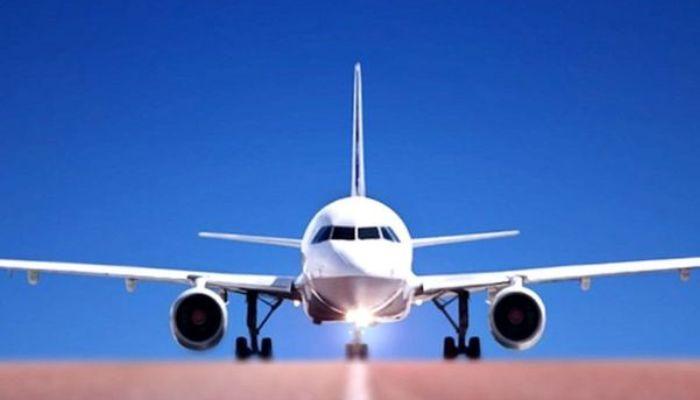Airlines have written to the Nigerian Civil Aviation Authority (NCAA) seeking its approval to impose a 40 percent fuel surcharge as a measure to mitigate the effects of the consistent rise in the price of Jet A1 on airline operations in the country.
If approved, the surcharge will be included in ticket prices, meaning that airfares will increase again.
In February, airlines increased the base fare for economy flight tickets for domestic routes from about N35,000 to N50,000, citing high costs of operations – a development that sparked agitations from passengers and government agencies.
Stakeholders have said a further increase in airfares will make it difficult for the average Nigerian to travel by air.
In a letter written to Musa Nuhu, director-general of NCAA, dated July 18, 2022 and signed by Abdulmunaf Yunusa Sarina, president of Airline Operators of Nigeria, said in addition to the crippling effect of intermittent shortages of Jet A1, the price of the product had risen from N200 per litre in February 2022 to N720 per litre as at Monday.
According to him, this has greatly increased the operational cost of airlines by over 130 percent, yet airlines are unable to increase fares, even as they suffer from the unavailability of foreign exchange to conduct their operations.
He said in order to forestall a backlash and shutdown of the system, “airlines are hoping to resort to an introduction of a fuel surcharge of between 25 and 40 percent of NUC [neutral unit of construction] as a way of offsetting the additional burden brought about by increased fuel cost, bearing in mind that jet fuel accounts for about 40 percent of total operational expenses.”
The neutral unit of construction or neutral unit of currency is a private currency used by the airline industry to record fare calculation information.
Sarina solicited the understanding and support of the NCAA boss, urging the agency to reconsider and review the decision that airlines are required to obtain approval for an initial three months before implementation of a fuel surcharge.
Read also: Airlines cancel, delay flights as aviation fuel scarcity resurfaces
He also urged the agency to review the waiver of the demand that airlines pay an additional five percent on the fuel surcharge entirely separate from the five percent ticket sales charge (TSC).
According to the operators, unless this is done, it will mean in effect that whatever is collected by the airlines as fuel surcharge to cushion the effect of the high fuel price will be taken away once again by the NCAA.
Sarina said this in effect would amount to double jeopardy as airlines would be unable to offset the additional cost, which the fuel surcharge is meant to address in the first place.
The airline operators, however, proposed that taxes should be based on the portion of the fare due to airlines less the fuel surcharge, which they hinted is specifically for the purpose of cushioning the effect of rising jet fuel price and not on the total paid for the ticket inclusive of fuel surcharge.
They said fuel surcharge should be exempted from the TSC, urging the NCAA to consider their proposal to help alleviate the suffering of the airlines in the country, given the current scarcity and rising cost of jet fuel.
Join BusinessDay whatsapp Channel, to stay up to date
Open In Whatsapp





